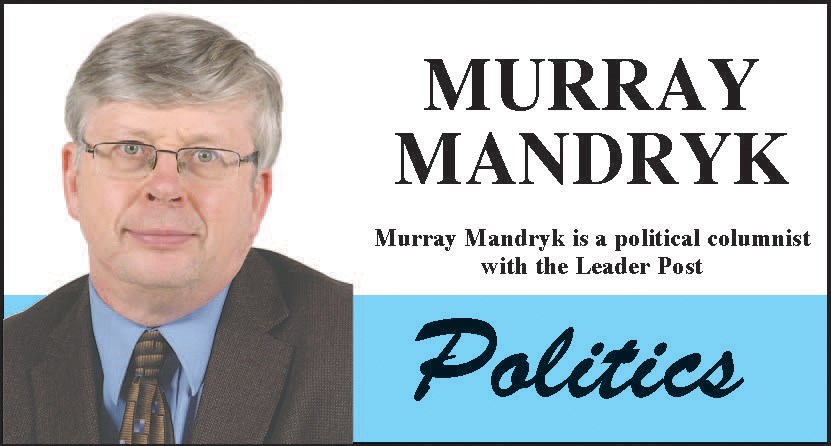In Alberta last week, residents saw the re-opening of movie theatres, community centres, team sports, swimming pools, VLTs, casinos and bingo halls.
In this province, such things will not be re-opened until Stage Four of Premier Scott Moe’s five-stage Re-Open Saskatchewan. At the time of the writing of this column, we don’t know when that stage will happen.
Moe did implement last week Stage 3 of his re-opening plan that included restaurants and bars (to half capacity), gyms and fitness centres (with proper social distancing requirements), places of worship (with restrictions on things like singing), tattoo parlours and personal care facilities like eyelash and nail care salons. We are also seeing permissible public gatherings increase to 30 from 15, but with caveats in which Chief Medical Health Officer Saquib Shahab has urged people maintain proper social distancing.
As of last Friday, Alberta residents were allowed indoor gatherings of as many as 50 for weddings, funerals and birthday parties and as many as 100 if held outdoors.
There is now no limit in Alberta for worship gatherings, or restaurants, bars, casinos and bingo halls.
Saskatchewan may have been the first province in the country to announce on April 23 its re-open plan, but we certainly haven’t been the most aggressive.
It wasn’t until last week that Moe permitted the use of beaches, playground structures and sport fields (without organized league play) to the list of open facilities. Yet in Alberta, they are allowing league play on a regional basis?
We also learned last week K-12 schools in Saskatchewan will be allowed to re-open on September 1, but schools in Quebec were already allowed to be open in that province this month.
Quebec has seen 53,185 confirmed COVID-10 cases and 5,029 deaths that represent 53 per cent and 63 per cent of the Canadian total, respectively. Were Quebec a separate nation, it would have the 16th most COVID-19 deaths in the world.
Alberta has 7,229 cases and 151 deaths – miniscule by Quebec standard, but massive compared with Saskatchewan in which there has been only 656 known COVID-19 cases and only 13 deaths.
At 4.4 million people, Alberta has four times the population of Saskatchewan but 11 times the number of known COVID-19 cases and deaths.
Such inconsistencies are but a few of the things frustrating people who can’t understand the variation in rules.
One of the things many have been vocal about is the recent large gatherings to support the Black Lives Matter, anti-racism movement that clearly do no subscribe to social-distancing guidelines or crowd limits.
There are elements of politics in such criticisms – especially after the much-despised-by-conservatives Liberal Prime Minister Justin Trudeau took a knee at one such rally.
Nevertheless, Moe had a point when he suggested the novel coronavirus knows nothing about the validity of the cause of the gathering.
Adding to the difficulty of comprehending all this is Saskatchewan’s seeming success in its fight to flatten the curve.
While there were two additional deaths, recent results suggest an average of less than one new case per day. That compares very favourably with numbers in Quebec and Alberta that are going down on a daily basis but nowhere near the zero cases that we seem close to achieving in Saskatchewan.
So couldn’t we be at least a little more bold in this province than we have been?
Well, there’s actually a pretty good argument that we could be a little bolder in this province.
Unfortunately, we will only be able to determine who is actually right through trial and error. Can provinces like Alberta get away with a slightly more aggressive re-opening approach or do we need Saskatchewan’s more guarded approach to avoid a major outbreak and rise in the death toll?
Only time will tell.
Murray Mandryk has been covering provincial politics since 1983.



